Nadra Nittle for Civil Eats:
Animal welfare advocates point out that, while vegans make up a small percentage of the electorate, voters of all dietary backgrounds are increasingly concerned about animal cruelty and climate change—particularly the large carbon footprint of animal agriculture. Through platforms that discuss the human toll of concentrated livestock farming, candidates can make a compelling case for why animal welfare should matter to Americans—vegan or otherwise.
“The relationship between factory farming and climate change has really changed the conversation; it’s been a great gateway to discuss how issues of animal agriculture aren’t just about animals but also the people who work in factory farms or food processing plants—they’re more likely to have injuries—and the contract farmers who are very heavily in debt,” said Diane May, director of communications for the advocacy group Mercy for Animals. “There is a way to talk about these issues really holistically in a way that allows people to care about them, whether they are vegan, vegetarian, or eat meat.”
Case in point: Last week, the Senate unanimously passed a bill making certain types of animal cruelty a federal felony, following the House of Representatives’ unanimous support of a similar bill last month.
This will become a wedge issue, but a much milder one. I’d love to see more discussion of animal welfare, from how they’re kept and live their lives to how they’re slaughtered.
Most states have absurd laws that make it illegal to film inside slaughterhouses. They’re afraid that people will see what happens and won’t have the stomach for it. And they’re right, which is why someday people interested in their food (vegan or not) will make this a part of what they look for in their politicians’ platforms.
